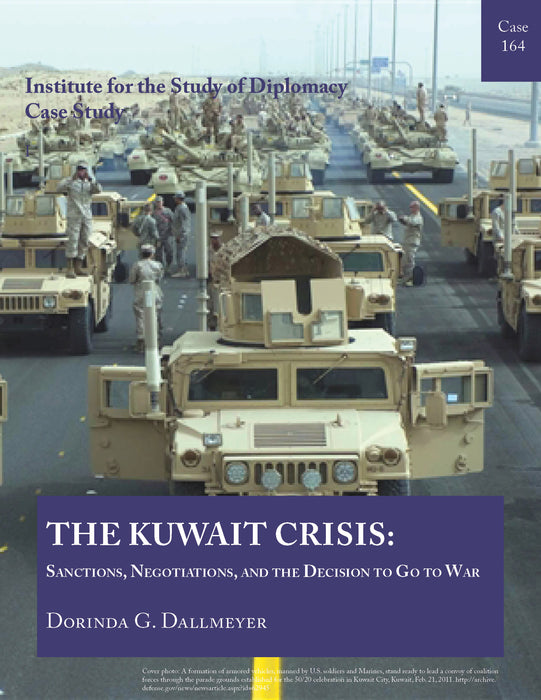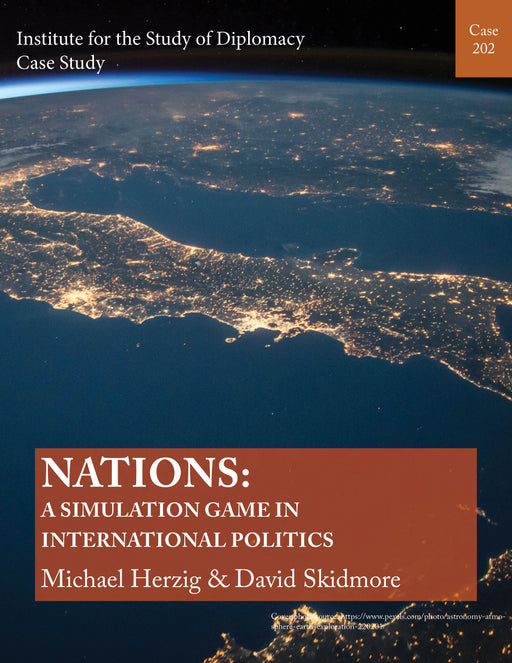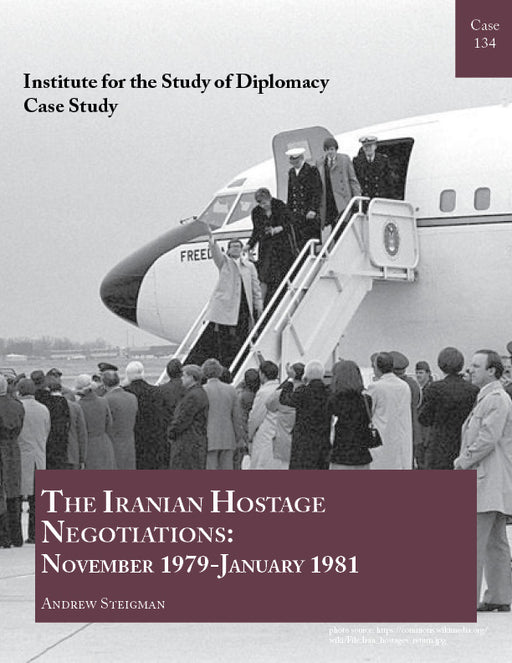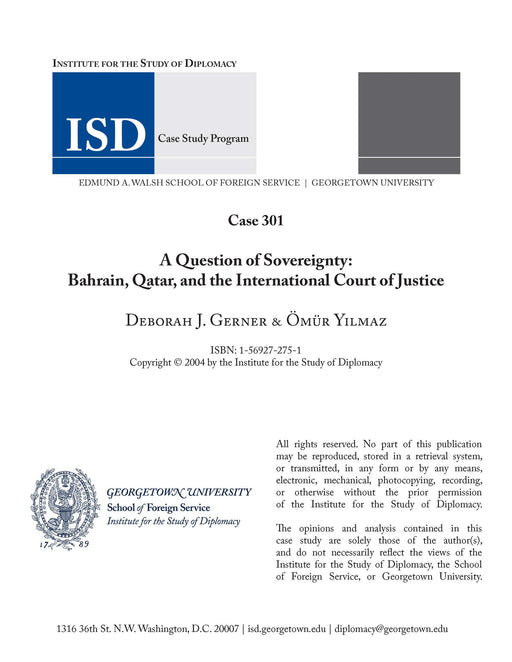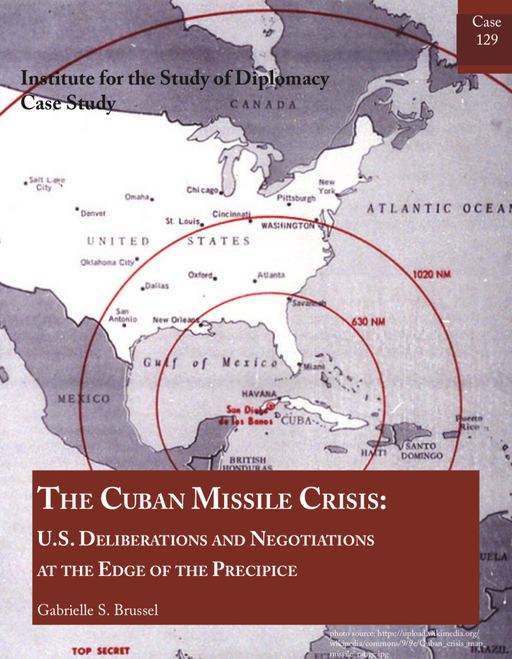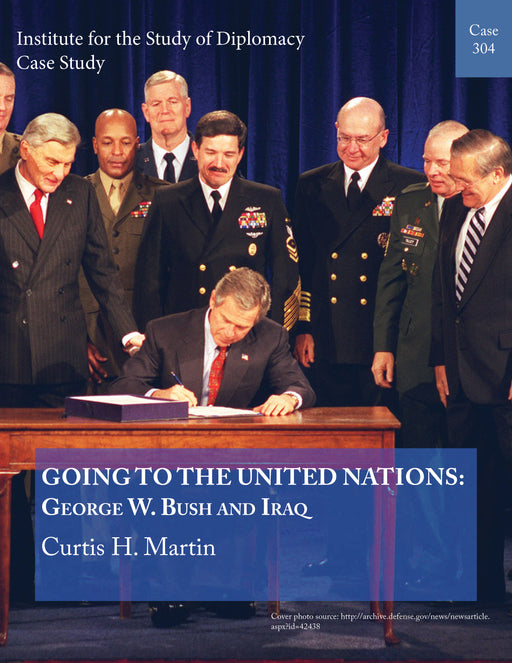Case 164 - The Kuwait Crisis: Sanctions, Negotiations, and the Decision to Go to War
Dallmeyer, Dorinda G.
In August 1991, on the first anniversary of Iraq’s invasion of Kuwait, President George H.W. Bush declared: “The liberation of Kuwait was an unprecedented effort, one that brought together most of the international community--initially in support of sanctions, ultimately in support of military force, and always consistent with the principles and resolutions of the United Nations.” Yet just one month later, U.N. Secretary General Javier Perez de Cuellar, in his annual report, characterized U.N. efforts to resolve the Kuwait crisis as “a startling failure of collective diplomacy.” This case study, created for the Carnegie Council on Ethics and International Affairs, asks how two people so intimately involved in the same event could arrive at such opposite evaluations of its success. It then suggests some ways to reconcile those two interpretations. Other case studies that could usefully be assigned on this general topic include “Diplomacy during the Persian Gulf War” (Case Study 169) and “Forging Consensus: The Western Alliance and the Invasion of Kuwait” (Case Study 171).

